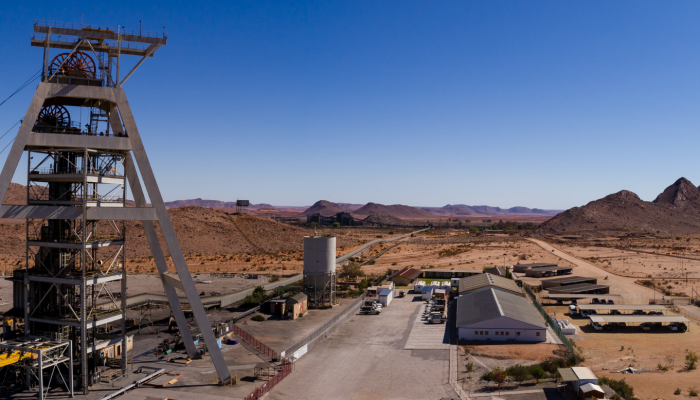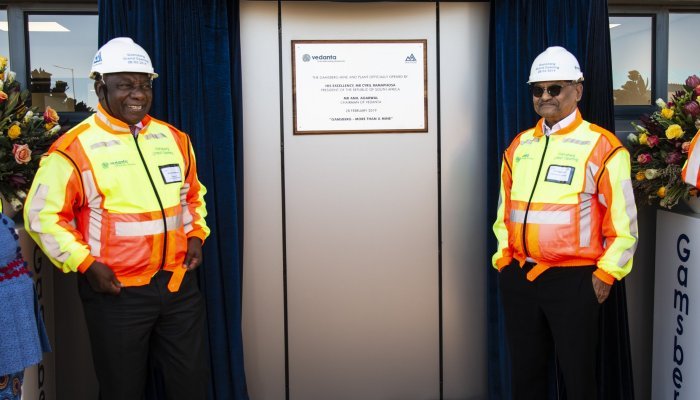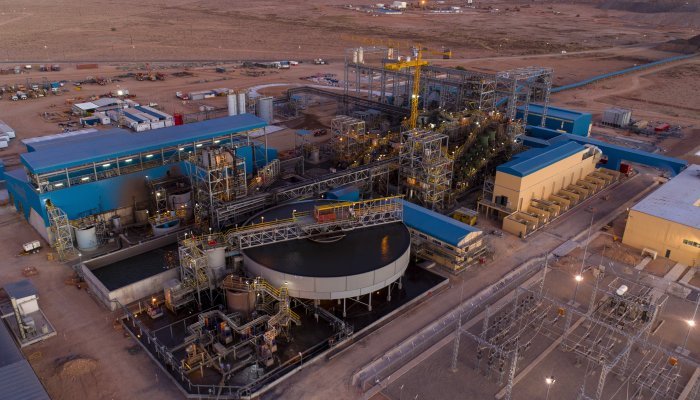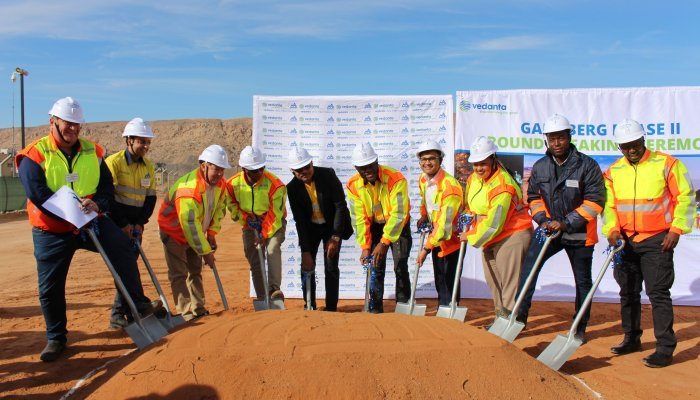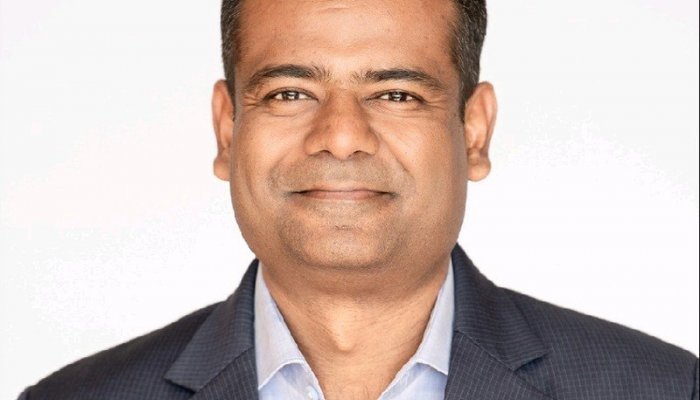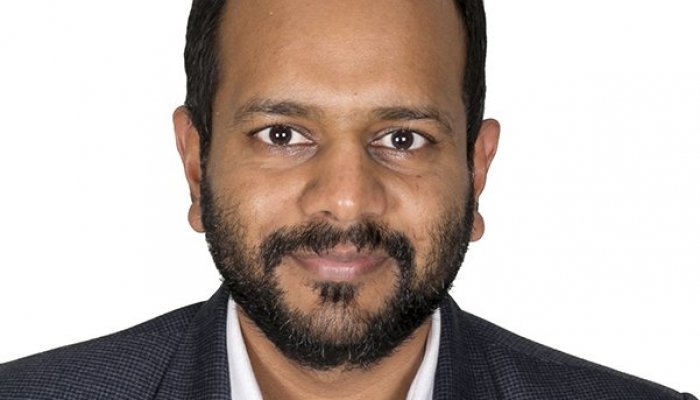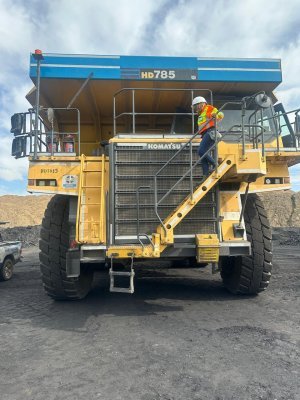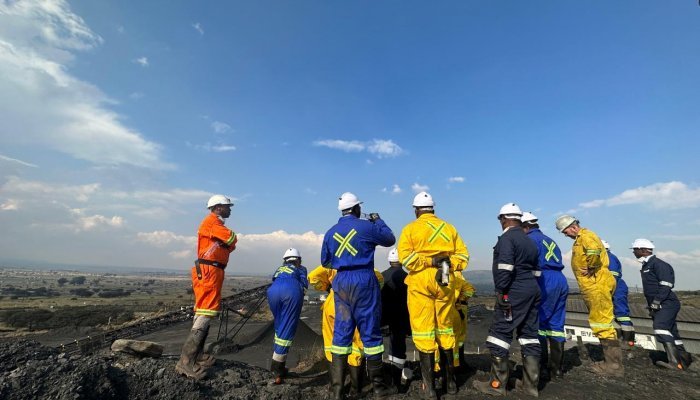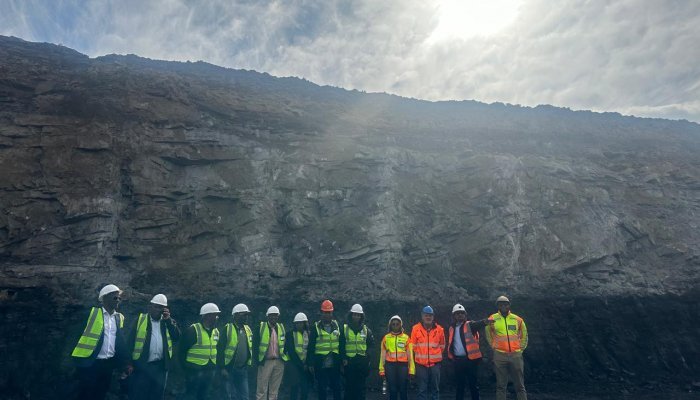These nine minerals have a wealth of uses across sectors as diverse as vehicle manufacturing, medical, aviation, telecommunications, and agriculture. To highlight just some of their applications: vanadium is used in nuclear reactors and aerospace alloys; niobium in steel for automotives and jewellery manufacture; germanium for computer chips and in telecoms; rhenium (catalysts, jet engines); beryllium (electronics, aerospace metals); tantalum (electronics, medical technology); zirconium (chemicals, biomedical industry); manganese (fertilisers, steel production); and chromium (metallurgy, industrial catalysts).
India’s minerals trade partners
The need to power Indian industries, together with South Africa’s abundance of mineral wealth, means that South Africa is firmly on the radar of Indian businesses and mining operations. Mahesh Kumar, the Consul General of India, explains, “Our companies always come and take part in the Mining Indaba. We need a lot of platinum group metals (PMGs) in India and a lot of South African gold goes to India, which generates wealth for both countries.”
This view is echoed by Pushpender Singla, the executive director and chief financial officer at Vedanta Zinc International (VZI), who adds, “South Africa has significant critical minerals and India requires a lot of them, so a partnership between both countries can support each other.”
Extraction is not the only potential area for cooperation. Kumar singles out mining equipment where South African company Shaft Sinkers is already present in India and plays a key role in India’s deep and underground mining sector. Similarly, Kumar says South African mining equipment companies could benefit from India’s manufacturing strength. Specifically, South African companies could contract Indian companies to manufacture for them to meet the demands of their growing global client base.
While the prevailing view is that there is clear scope to collaborate in multiple areas along this journey, there are also hurdles to overcome. In this regard, Nitin Agrawal, chairperson of Ikwezi Mining, highlights challenges such as skills shortages as well as South Africa’s deteriorating port and rail infrastructure.
The absence of a preferential or free-trade agreement is another issue, which means import and export duties are payable in both India and South Africa. Kumar notes that “this makes the minerals more expensive”, and reinforces the importance of a preferential free-trade agreement between India and the Southern African Customs Union of South Africa, Namibia, Botswana, Lesotho, and Eswatini.
Kumar adds that since the need for enhanced India-South Africa cooperation in the mining sector is well appreciated, “it is perhaps in order that the two governments stitch together an agreement that could allow more for investment from the private sector on the lines of the Promotion and Reciprocal Protection of Investments of 2009 agreement between South Africa and Zimbabwe”.
The big operators
In spite of operational challenges, Indian mining groups continue to flourish on the African continent. Jindal Africa, for instance, operates in South Africa, Mozambique, and Botswana in the coal, copper, iron ore, and limestone mining sectors. It falls under the diversified Jindal Group, which claims a value of around $12 billion worldwide.
Singla explains that his company, VZI, is “the largest zinc operation in Africa, with a vision to be a globally renowned brand in the base metals sector”. Part of the global Vedanta Resources Limited diversified natural resources group, VZI’s assets were acquired from Anglo American in 2010. Today VZI’s operations span Black Mountain operations in the Northern Cape, as well as Skorpion Zinc in Namibia.
Another major India-owned player in the sector is Ikwezi Mining, which was acquired by Oza Holdings about 10 years ago and which, in 2023, delisted from the Australian stock exchange. Oza Holdings, which is spearheaded by the Agrawal brothers, Tushar and Nitin, also controls cement maker Cemza and coal exporter Zarbon Coal (formerly Osho SA Coal). Oza Holdings produces around three million tonnes of coal annually from its KwaZulu-Natal operations.
Ikwezi Mining operates a colliery and coal beneficiation plant in KwaZulu-Natal, a region where communities have experienced various benefits from mining operations, although there have been challenges. Efforts are reported to be ongoing to enhance the positive impacts while addressing and mitigating the challenges to ensure sustainable community development.
It is essential, Nitin Agrawal explains, to “gel with the local demography so you become one”. He adds, “That is why Bonani [Ndlovu] is here, because he’s a very important and integral part of what we are doing in South Africa.”
Bonani Ndlovu is the director for legal and corporate affairs at Oza Holdings, and he is an expert in extractive industry law in Africa and a current GIBS MBA student. Ndlovu explains that both Ikwezi Mining and Oza Holdings are well aware of the global shift towards greener energy solutions. While affordable energy sources such as coal are still in demand globally, Ndlovu notes that Ikwezi Mining is fully committed to environmental, social, and governance (ESG) principles and will continue to diversify away from thermal coal.
Referencing a current application by Ikwezi Vanadium for mining rights in the North West province, Oza Holdings group chair Tushar Agrawal explains, “We are now getting into other portfolios that are clean, that are better. That is part of us trying to move into the green space. As you know vanadium is used for batteries … for electric vehicles in the future. That’s a space we are trying to venture into from a raw materials point of view.”
ESG and the reduction of its future environmental footprint is also a strong consideration for VZI, explains Singla, referencing the company’s R600 million iron ore project to produce high-quality iron ore from the Black Mountain mining tailings and create some 500 construction jobs and subsequently 250 operational jobs. The project is expected to be completed by mid-2024.
Similarly, Nitin Agrawal notes that Ikwezi Mining employs more than 1 500 people, directly and indirectly, and the company has invested more than R500 million in the country over the past four to five years.
Versatile zinc is key to low-carbon tomorrow
Vedanta’s Gamsberg underground zinc mine in the Northern Cape is among the 10 biggest zinc mining operations in the world.
Pushpender Singla, the executive director and chief financial officer at Vedanta Zinc International (VZI), explains that the zinc and copper reserves at Gamsberg “are key to clean technologies”.
In 2018, at the South African Presidential Investment Conference, VZI’s chairperson Anil Agarwal made a commitment of R21 billion in investment towards the Gamsberg mine and other associated operational projects, says Singla. “Over the last five years … over R6 billion was allocated towards completing Gamsberg phase one, which tripled VZI’s production capacity from 75 000 tonnes to 300 000 tonnes per annum and increased its staff complement to around 2 700.”
Singla adds that, in 2022, “a further R7 billion was committed to Gamsberg phase two, as part of the R21 billion pledge, which is already under construction and has created a further approximately 2 000 jobs (permanent and temporary) to date. As part of our expansion ambition, we aim to build a smelter refinery, which will allow in-country benefaction of concentrate to pure zinc metal for export, yielding approximately 200 000 tonnes per annum of metal.”
Zinc is the fourth-most-consumed base metal in the world, with applications in green energy, construction, and car making – it is used to coat solar panels, and stop wind turbines and other metals corroding. Zinc-ion batteries are widely regarded as a cheaper option than lithium-ion options.
Scope for innovation and technology
A 2022 report by the Consulate General of India and the government of India highlighted the increasingly important role technology was playing in mining ventures in South Africa, and globally. This is in part due to the cost savings that new digital technologies and automation can bring to the sector, as mines are forced to go even deeper to extract minerals and materials. Not only can technology play a role in safer extraction, but also in the support services for both mining and the broader beneficiation value chain.
The report singled out the “high requirement for customised software, automation and internet of things (IoT) solutions in the mining sector” and the fact that “Indian companies are competitive in providing customised technology solutions globally, [so] the domain can very well be the target market for Indian companies who are operating in the technology space”.
Vedanta Zinc International’s Pushpender Singla says India has significant beneficiation opportunities to tap into, “so beneficiation by Indian companies in South Africa can be promoted”. He points to partnership potential with the likes of Eskom and Transnet to “support energy generation in South Africa” and improve rail capacity.
Oza Holdings group chairperson Tushar Agrawal believes manufacturing and renewable energy are both poised for India-South Africa business collaboration, from automotive and electrics to cement manufacturing and solar and wind power.


